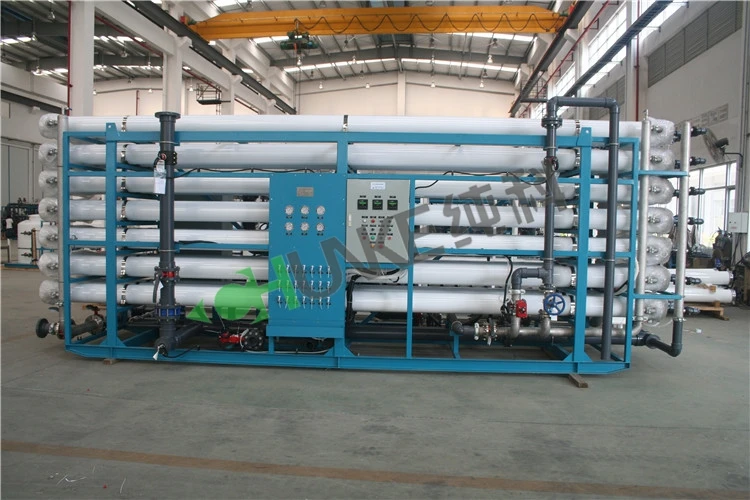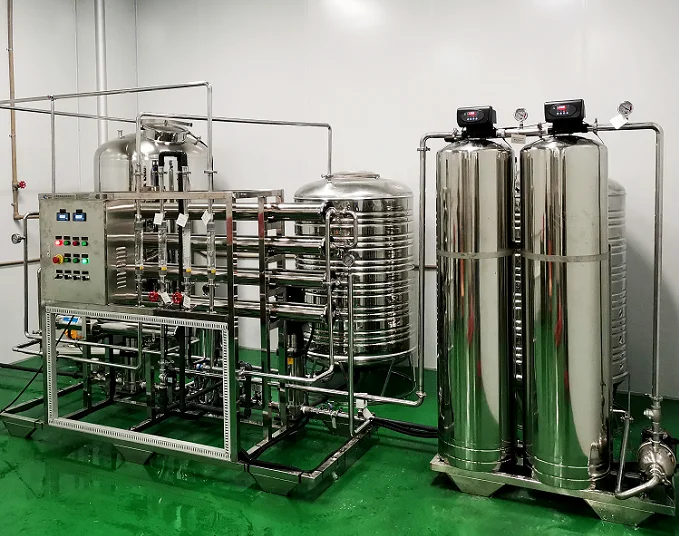- Commercial Reverse Osmosis Water Treatment Systems
- Industrial Reverse Osmosis Water Treatment Systems
- Ultrafiltration UF Water Treatment Systems
- Ion Exchange Water Treatment System
- Containerized Water Treatment Systems
- Customized Water Treatment System
- Bottle Water Filling Line
- Water Mechanical Micron Filters
- Stainless Steel Water Treatment Equipments
- Water Treatment Parts
- Water Sterilization
What is the future development direction of water treatment systems industrial?
In the context of global water scarcity and water pollution, water treatment systems industrial, as a key water resource management tool, have attracted much attention for their future development direction. In this context, manufacturers not only need to focus on technological innovation, but also need to consider issues such as system design, intelligence, and sustainability to adapt to future development trends.
Application of advanced technology
The future industrial water treatment system will rely more on advanced technology to improve efficiency, reduce energy consumption, and lower costs. The advancement of new materials, advanced membrane technology, and sensor technology will drive the continuous improvement of system performance. Meanwhile, the introduction of intelligent control systems will make water treatment systems industrial more intelligent and automated, enabling remote monitoring and optimized operation, thereby improving operational efficiency.
System integration and modular design
Future industrial water treatment systems will place greater emphasis on system integration and modular design. Through modular design, manufacturers can more flexibly configure systems and customize them to meet customer needs. This flexibility not only improves the applicability of the system, but also reduces maintenance costs.

Water resource recycling and zero emissions
One of the development directions for future industrial water treatment systems is to incorporate water resource recycling and zero emissions into the design concept. The wastewater generated in industrial processes will be collected, treated, and recycled more efficiently to reduce reliance on freshwater resources. The zero emission target will drive manufacturers to develop more advanced and comprehensive water treatment technologies to minimize their impact on the environment.
Water quality monitoring and data analysis
With the development of Internet of Things technology, future water treatment systems industrial will increasingly rely on water quality monitoring and data analysis. Real time monitoring of system operation status, water quality parameters, and abnormal situations will become the norm. Big data analysis will help manufacturers better understand system operation, optimize system performance, and predict possible failures in advance. This helps to reduce maintenance costs and improve system reliability.

Sustainable development and social responsibility
The future development direction of industrial water treatment systems will also place greater emphasis on sustainable development and social responsibility. The use of renewable materials, more energy-efficient production processes, and environmentally friendly waste disposal will become important responsibilities for manufacturers. A sense of social responsibility will also encourage manufacturers to actively participate in social cooperation, promote the sustainable use of water resources, and raise environmental awareness.
The development direction of future water treatment systems industrial is diverse and comprehensive. Manufacturers need to make efforts in technological innovation, system design, intelligence, sustainability, and other aspects to address the challenges of global water resource issues. At the same time, all parties in the industry need to work together to promote the development of industrial water treatment systems towards greater efficiency, intelligence, and sustainability, and make greater contributions to society and the environment.




